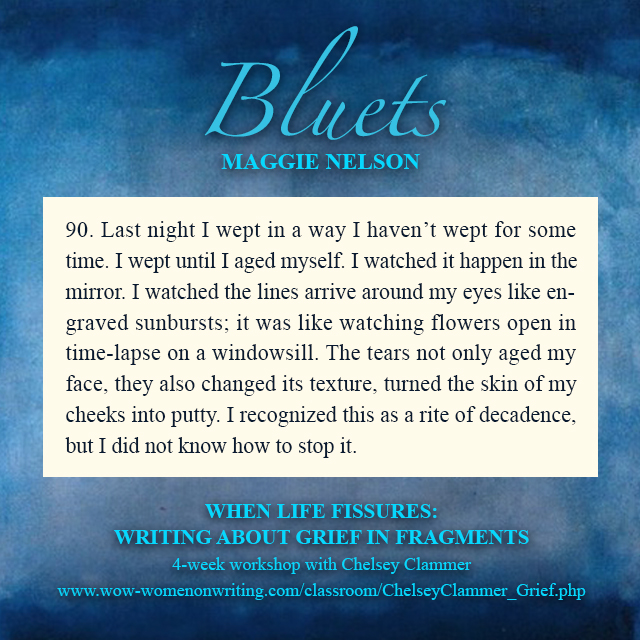I've been reading about famous writers and their writing spaces, which are as varied as the writing styles themselves. John Cheever put on a suit and rode the elevator down to the basement storage area of his apartment building, where he took off the suit and wrote in his boxer shorts. Virginia Woolf said every woman should have money and a room of her own if she is to write fiction. Ernest Hemingway wrote standing up,and Marcel Proust wrote in bed. Charles Dickens would rearrange furniture to make the space conducive to writing, and Thomas Mann had a large desk covered with objects, reducing the actual writing area.
I'm always looking for a good place to write. I don't know what makes it good, but I know it when I see it. A few weeks ago, I found a new coffee shop inside a creative community space/art gallery in a former strip-mall bar that features a long wooden table near the front windows, and I love it.
I recently visited Lindenwood University's (St. Charles, MO) new library with its soaring wall of windows. Contemporary furniture and seating in an open space with high ceilings invite everyone to sit, read, or write. A small coffee shop is tucked to the side, and the stacks include rows and rows of tall book shelves with chairs and desks scattered throughout. I love it.
I wanted to compare the new space to the old, and see how it had changed since my days as a grad student. I spent a lot of time in Butler Library, built in 1929, with its dark, castle-like lobby and old, soft sofas and massive fireplace. I loved it.
Butler Library had carrels not much larger than a small closet in the (even darker) basement. Students could close the sliding doors to shut out the world. I remember looking out the window onto a street with beautiful old houses on the other side, but I'm not sure if that's accurate (it's been a while). Windows or not, I loved it.
Regardless of where you write, and whether or not you like background noise or complete silence while staring at a blank wall or taking in a spectacular view, it's really not about the space. Just write where you are. I'm writing this with my feet on the coffee table in my family room with the computer resting on my lap. It's not the coolest space, but I'm writing, and I love it.
Mary Horner is the author of Strengthen Your Nonfiction Writing, and teaches communications at St. Louis and St. Charles Community Colleges. She completed the Writing Certificate from the University of Missouri-St. Louis, and is a certified medical writer.
Read More »
I'm always looking for a good place to write. I don't know what makes it good, but I know it when I see it. A few weeks ago, I found a new coffee shop inside a creative community space/art gallery in a former strip-mall bar that features a long wooden table near the front windows, and I love it.
I recently visited Lindenwood University's (St. Charles, MO) new library with its soaring wall of windows. Contemporary furniture and seating in an open space with high ceilings invite everyone to sit, read, or write. A small coffee shop is tucked to the side, and the stacks include rows and rows of tall book shelves with chairs and desks scattered throughout. I love it.
I wanted to compare the new space to the old, and see how it had changed since my days as a grad student. I spent a lot of time in Butler Library, built in 1929, with its dark, castle-like lobby and old, soft sofas and massive fireplace. I loved it.
Butler Library had carrels not much larger than a small closet in the (even darker) basement. Students could close the sliding doors to shut out the world. I remember looking out the window onto a street with beautiful old houses on the other side, but I'm not sure if that's accurate (it's been a while). Windows or not, I loved it.
Regardless of where you write, and whether or not you like background noise or complete silence while staring at a blank wall or taking in a spectacular view, it's really not about the space. Just write where you are. I'm writing this with my feet on the coffee table in my family room with the computer resting on my lap. It's not the coolest space, but I'm writing, and I love it.
Mary Horner is the author of Strengthen Your Nonfiction Writing, and teaches communications at St. Louis and St. Charles Community Colleges. She completed the Writing Certificate from the University of Missouri-St. Louis, and is a certified medical writer.















